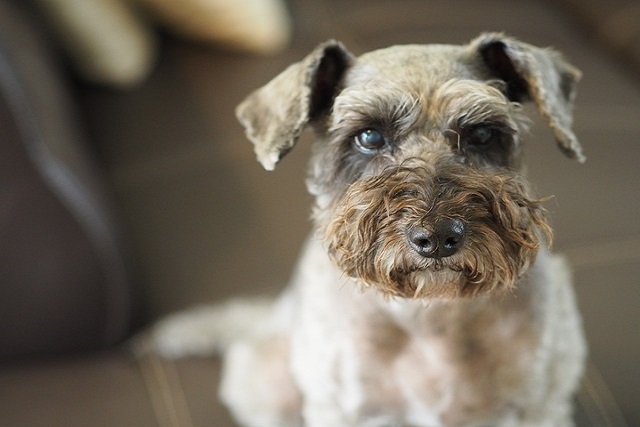
How do i train my dog to be obedient?
Watching your dog dart across the park ignoring your calls isn’t just frustrating—it can put them at risk near busy streets or public spaces.
You’ve been practicing recall with your dog for weeks, using high-value treats and positive reinforcement—until one day at the park, your pup spots a squirrel, and your once-reliable "Come!" command falls on deaf ears. This frustrating scenario is familiar to many dog owners, especially those living in distraction-rich environments like suburban neighborhoods or near wooded areas. When your dog ignores recall, it’s not defiance; it’s often a sign that their environment has become more compelling than your cue. Understanding why this happens and how to respond constructively is key to building a stronger recall over time.
From a behavioral perspective, dogs ignore recall when the reward for disobeying—chasing a squirrel, greeting another dog, or exploring a new scent—outweighs the reward for complying. This is rooted in what trainers call "environmental reinforcement," where natural stimuli compete with your training. Instead of punishing your dog (which can damage trust and worsen recall), focus on making yourself more interesting. Use a brighter, more enthusiastic tone, or try running away from your dog to trigger their instinct to chase you. Always keep a special "recall-only" treat, like freeze-dried liver or cheese, to make returning worthwhile.

If your dog consistently ignores recall, return to basics. Practice in a less distracting environment, like your backyard or a quiet room, and gradually increase difficulty. Use a long-line training leash (15-30 feet) in open spaces to gently guide your dog back if they ignore you, avoiding any jerking or force. In the U.S., leash laws in public areas—like those enforced in cities such as Denver or Portland—require dogs to be under control, so a long-line allows training while respecting local regulations. Remember, positive reinforcement isn’t just preferred; it’s aligned with animal welfare norms that prohibit punitive measures.
For apartment dwellers, recall challenges might arise in shared spaces like courtyards or parking lots. Keep training sessions short and rewarding, and always clean up after your dog immediately—it’s not just good etiquette; it’s often legally required. If your dog ignores recall during walks, ensure their vaccinations and licenses are up-to-date, as loose dogs may face stricter penalties in some states. Consider enrolling in a local recall-focused class; many communities offer affordable options that reinforce positive methods.
Patience and consistency are your greatest tools. If recall issues persist, consult a certified trainer who uses force-free techniques. Your dedication will help keep your dog safe and strengthen your bond.

Watching your dog dart across the park ignoring your calls isn’t just frustrating—it can put them at risk near busy streets or public spaces.

New puppy owners often find themselves rushing to clean up accidents before they set in, and that’s where puppy pad training becomes a game-changer.

If you've noticed your dog's waistline disappearing and your veterinarian has mentioned those few extra pounds, your first instinct might be to simply reduce the amount of food in their bowl.

Training a dog to use a designated spot indoors isn’t as daunting as many new owners fear, but it does take consistency and an understanding of your pet’s needs.

That moment of dread on a walk is all too familiar for many new dog owners. You see another dog approaching down the sidewalk of your neighborhood

If the sight of another dog on your neighborhood walk makes your heart sink as your own dog erupts into a frenzy of barking and lunging, you're not alone.